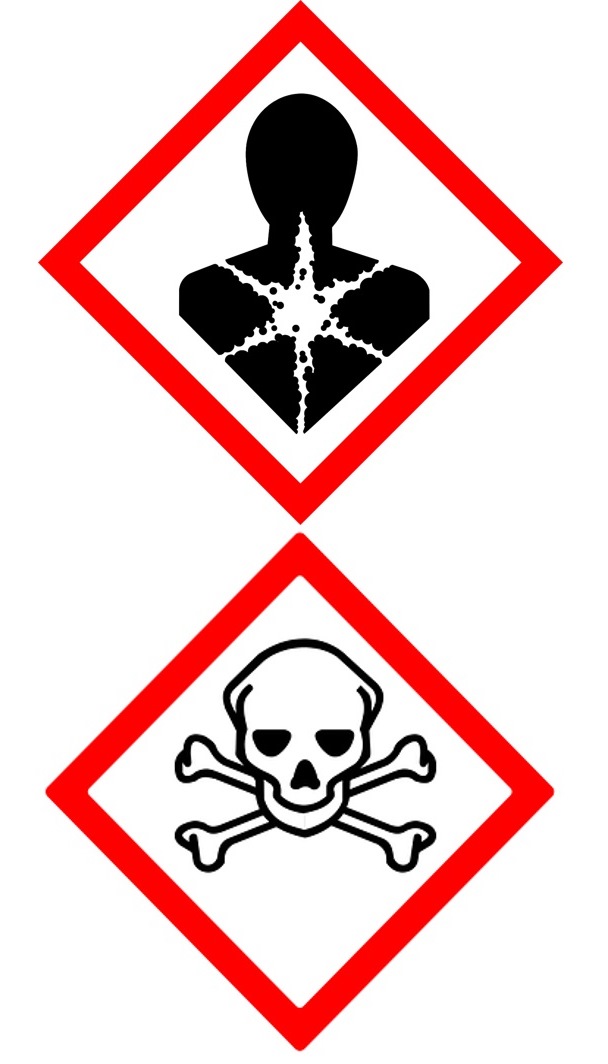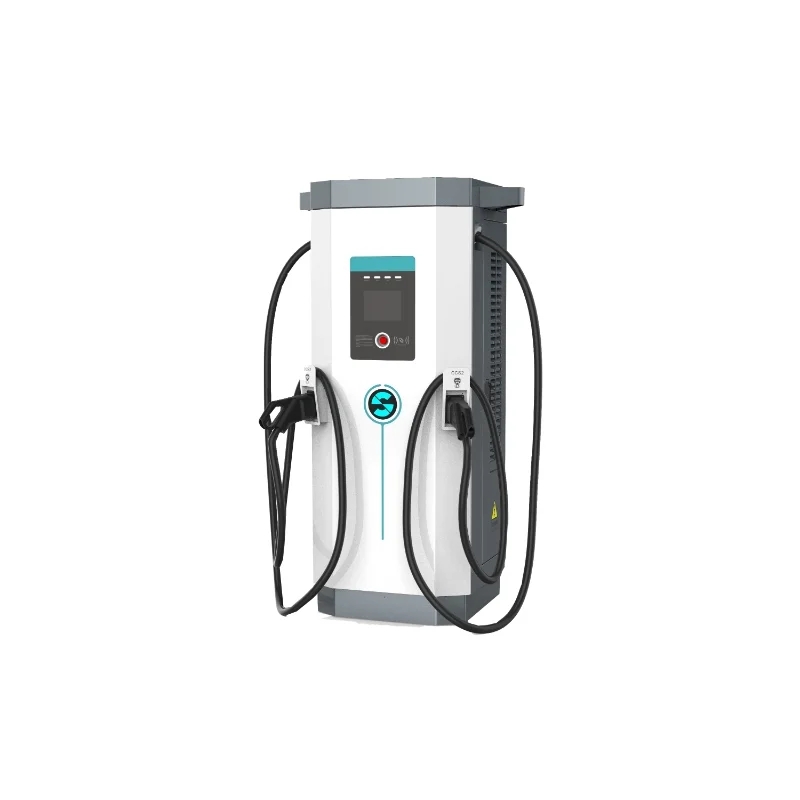Batteries are an essential part of our daily lives, powering everything from our smartphones to our cars. However, what many people don't realize is that batteries can contain toxic chemicals that can harm both the environment and human health. In this article, we'll explore what toxic chemicals are commonly found in batteries and the potential risks associated with them.
Lead-Acid Batteries
Lead-acid batteries are commonly used in vehicles and backup power systems. These batteries contain lead, which is a toxic heavy metal that can cause damage to the nervous system, kidneys, and reproductive system. When lead-acid batteries are not disposed of properly, the lead can leach into the soil and water, causing environmental contamination.
Lithium-Ion Batteries
Lithium-ion batteries are used in a wide range of devices, including smartphones, laptops, and electric vehicles. While lithium-ion batteries are generally considered safe, they can still pose a risk if they are damaged or improperly disposed of. Lithium-ion batteries contain a flammable electrolyte that can catch fire if the battery is punctured or exposed to high temperatures. Additionally, lithium-ion batteries can contain cobalt, which is a toxic metal that can cause respiratory problems and skin irritation.
Nickel-Cadmium Batteries
Nickel-cadmium batteries were once commonly used in portable electronics, but they have largely been replaced by lithium-ion batteries. Nickel-cadmium batteries contain cadmium, which is a toxic heavy metal that can cause kidney damage and lung cancer. When nickel-cadmium batteries are not disposed of properly, the cadmium can leach into the soil and water, causing environmental contamination.
How to Dispose of Batteries Safely
To minimize the risks associated with toxic chemicals in batteries, it's important to dispose of them properly. Many communities have battery recycling programs that allow you to drop off your used batteries at designated locations. Additionally, some retailers, such as Best Buy, offer battery recycling services. When disposing of batteries, it's important to follow the instructions provided by your local recycling program to ensure that the batteries are handled safely.
Conclusion
Batteries are an essential part of modern life, but they can also contain toxic chemicals that can harm the environment and human health. By understanding what toxic chemicals are commonly found in batteries and how to dispose of them safely, we can minimize the risks associated with these essential devices. Remember to always dispose of batteries properly and to follow the instructions provided by your local recycling program.


